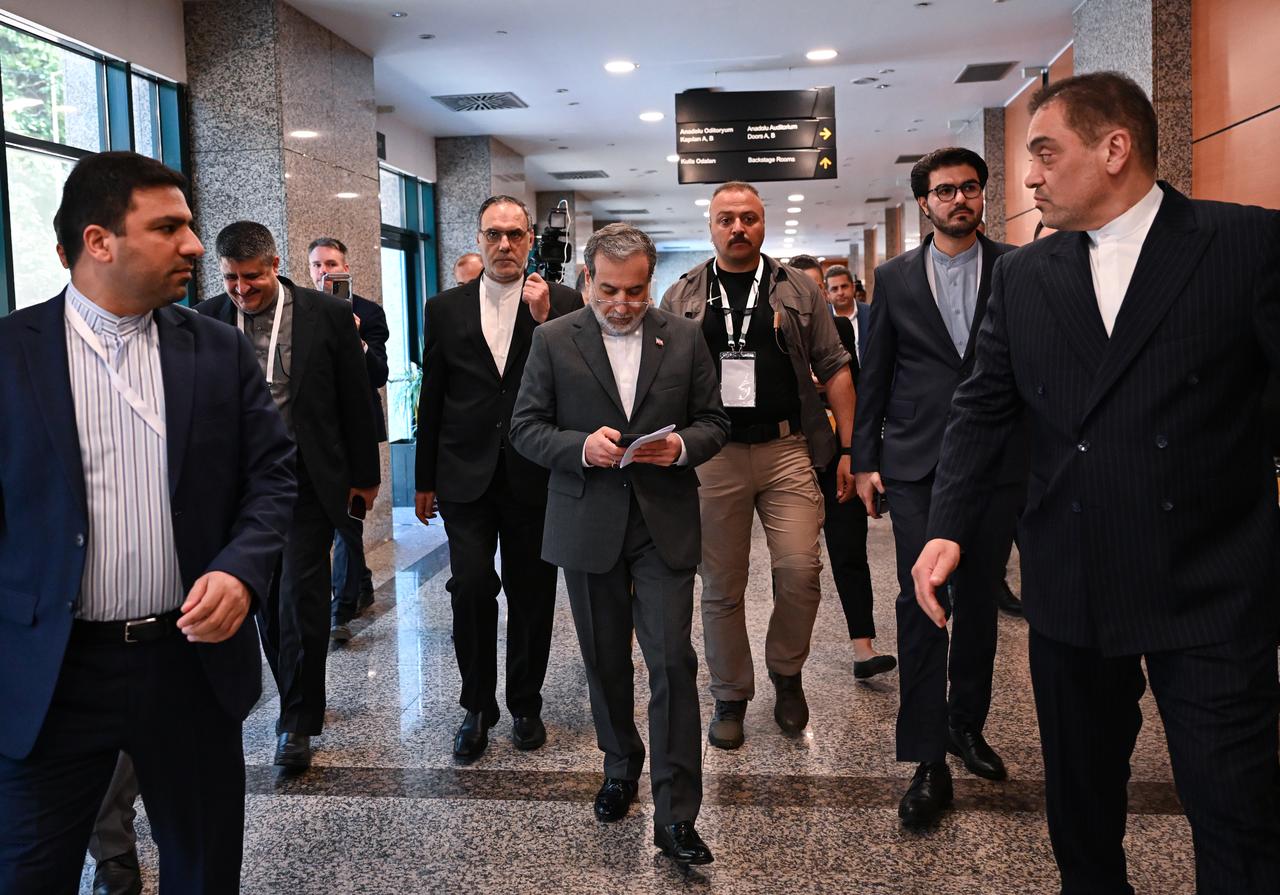
Iranian Foreign Minister Abbas Araghchi announced Sunday that he would travel to Moscow for urgent talks with Russian President Vladimir Putin on Monday following the U.S. strikes on Iran's nuclear facilities.
"I'm going to Moscow this afternoon and will hold 'serious consultations with the Russian president tomorrow morning,'" Araghchi said at a press conference in Istanbul on the sidelines of an Organisation of Islamic Cooperation (OIC) summit.
The announcement came hours after U.S. President Donald Trump said American forces struck three Iranian nuclear sites in Fordow, Natanz, and Isfahan, marking a dramatic escalation in Middle East tensions.
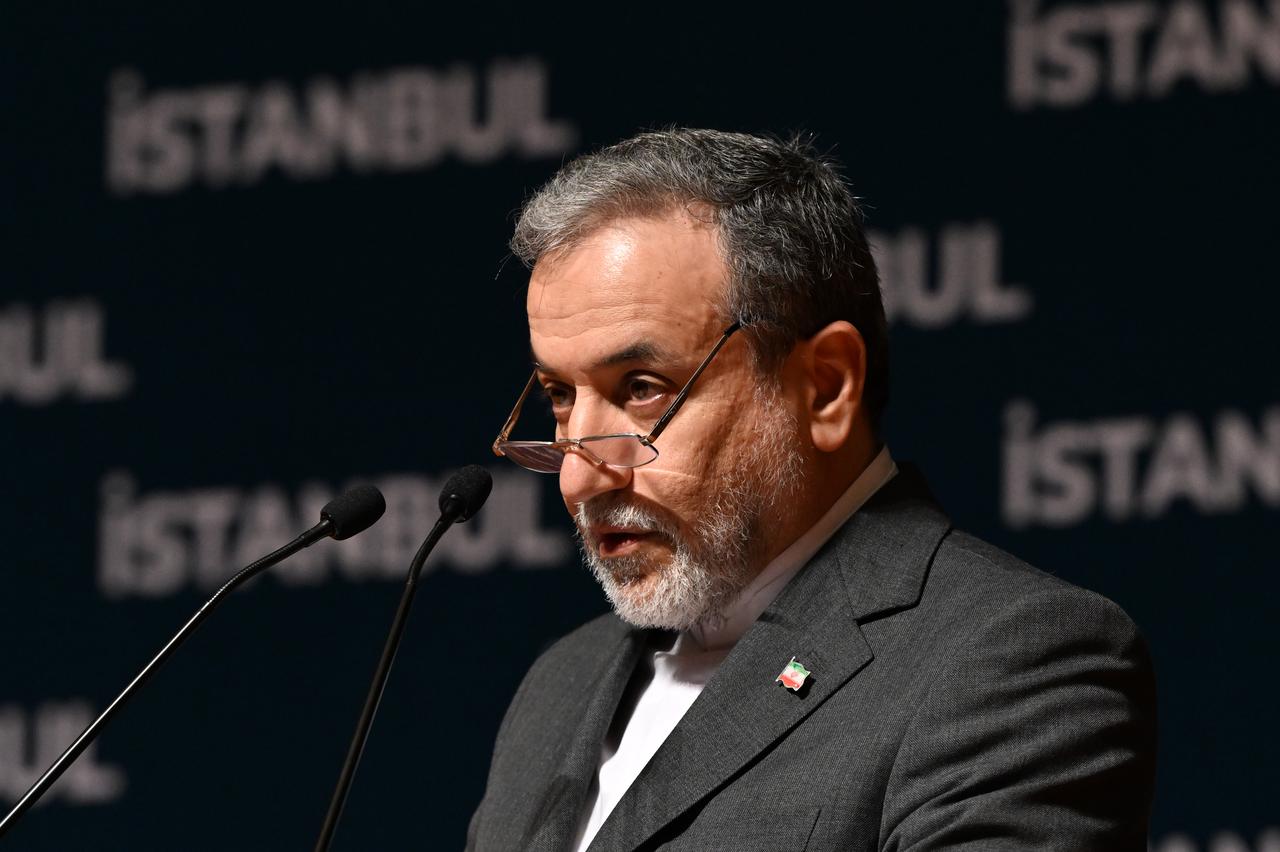
Iran's Islamic Revolutionary Guard Corps (IRGC) denounced the U.S. strikes on Sunday as "an unprecedented and blatant act of aggression" and vowed a response to the attacks.
In a strongly worded statement, the IRGC said the U.S., in coordination with Israel, carried out "military and illegal strikes" on Iran's "peaceful nuclear facilities," calling the attacks a "clear violation of the U.N. Charter, international law, the Nuclear Non-Proliferation Treaty, and the fundamental principles of respect for national sovereignty and territorial integrity."
The IRGC said its intelligence apparatus has identified "departure points" of the aircraft involved in Sunday's attack, adding that U.S. military bases in the region are "not a source of strength but a major vulnerability."
"We firmly state that Iran's indigenous and peaceful nuclear technology will not be eliminated by any attack.
On the contrary, such acts only strengthen the determination of our young and committed scientists to pursue greater progress and development," the statement said.
IRGC warned that the attack on nuclear sites has granted Iran, under the legitimate right to self-defense, "an option to respond in ways that go beyond the delusional calculations of the aggressor alliance."
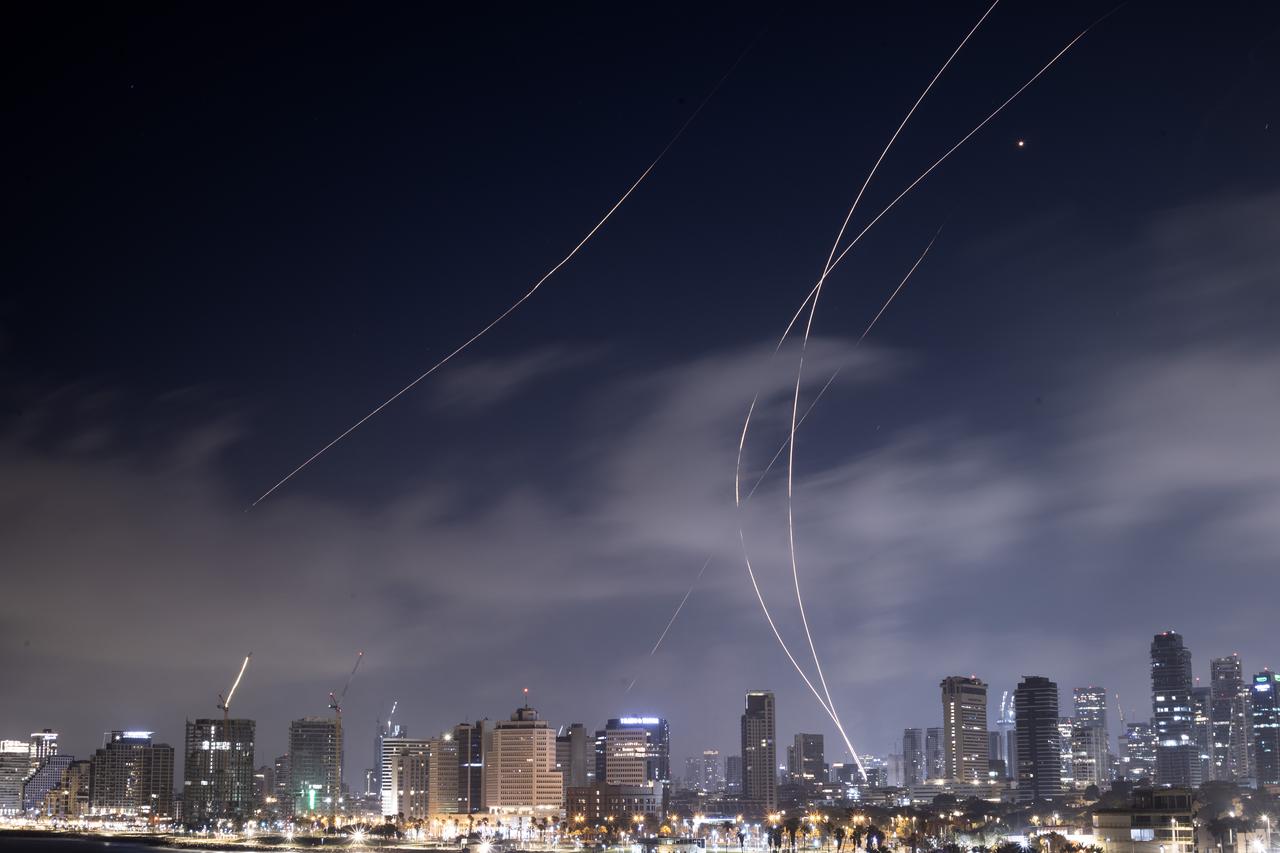
France's Foreign Minister Jean-Noel Barrot said his country noted the U.S. strikes "with concern" and confirmed France "did not participate in the planning and execution of the attack."
"France has repeatedly expressed its firm opposition to Iran acquiring nuclear weapons," Barrot stated, emphasizing that France believes Iran's nuclear program issue can be permanently resolved through negotiations within the framework of the Nuclear Non-Proliferation Treaty.
Dutch Prime Minister Dick Schoof described the latest developments as "worrying," calling on all parties to prevent further escalation.
"The Netherlands has always been clear: Iran must not acquire a nuclear weapon," Schoof wrote on X.
"I call on all parties to prevent further escalation. Negotiations are ultimately the only way out towards a sustainable solution."
Greek Premier Kyriakos Mitsotakis warned that "further escalation will create even greater conditions of instability in an already extremely burdened region."
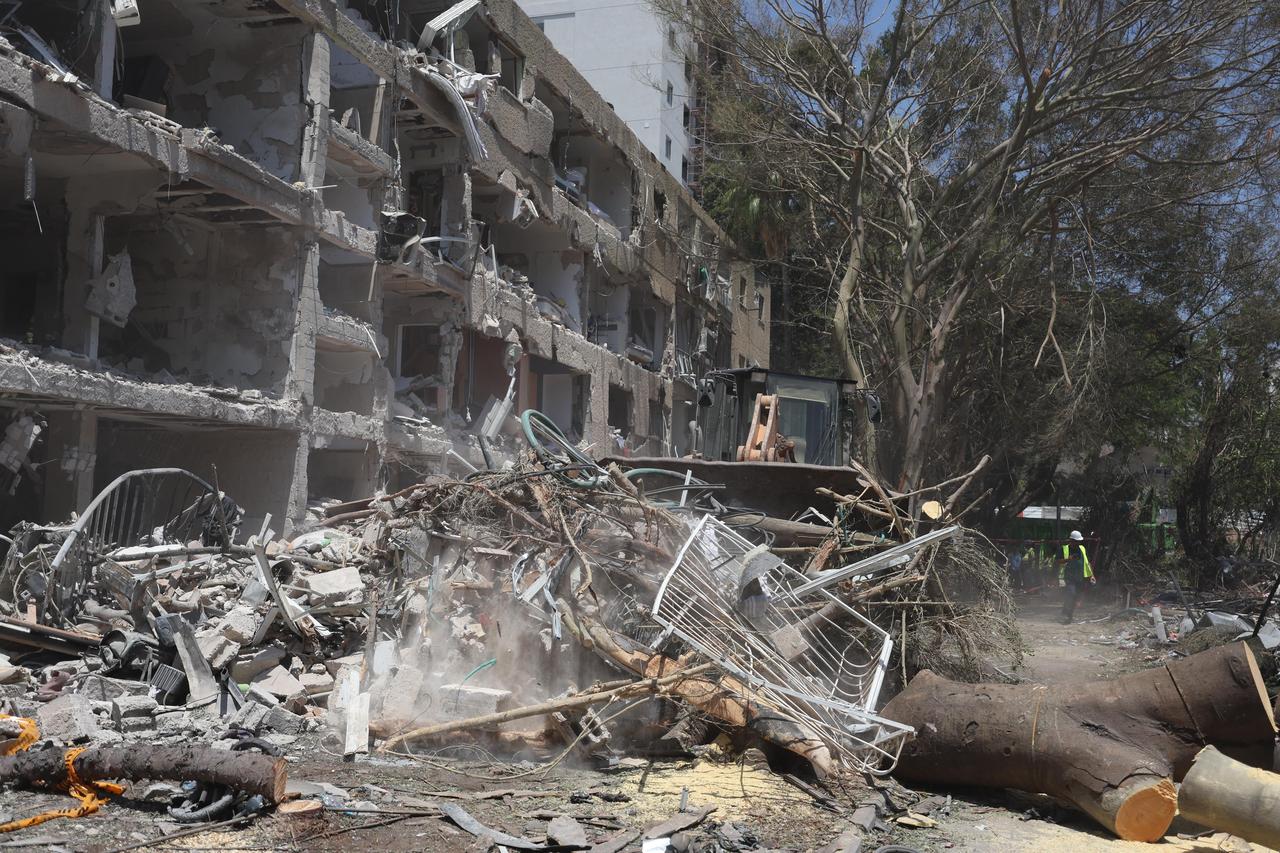
The Gulf Cooperation Council (GCC) announced that radiation levels in Gulf countries remain within technically safe limits following the U.S. strikes on Iranian nuclear facilities.
"Environmental and radiological indicators are currently at a technically safe level in all member countries. Environmental and radiological indicators continue at safe levels within technically permitted limits," the GCC statement said.
International Atomic Energy Agency (IAEA) Director General Rafael Grossi said the agency does not expect any health effects for people around the targeted sites.
"We do not expect any health consequences for people around the targeted sites," Grossi stated, confirming that Iran's regulatory authorities reported no increase in radiation levels outside the three nuclear facilities, including the Fordow Uranium Enrichment Facility.
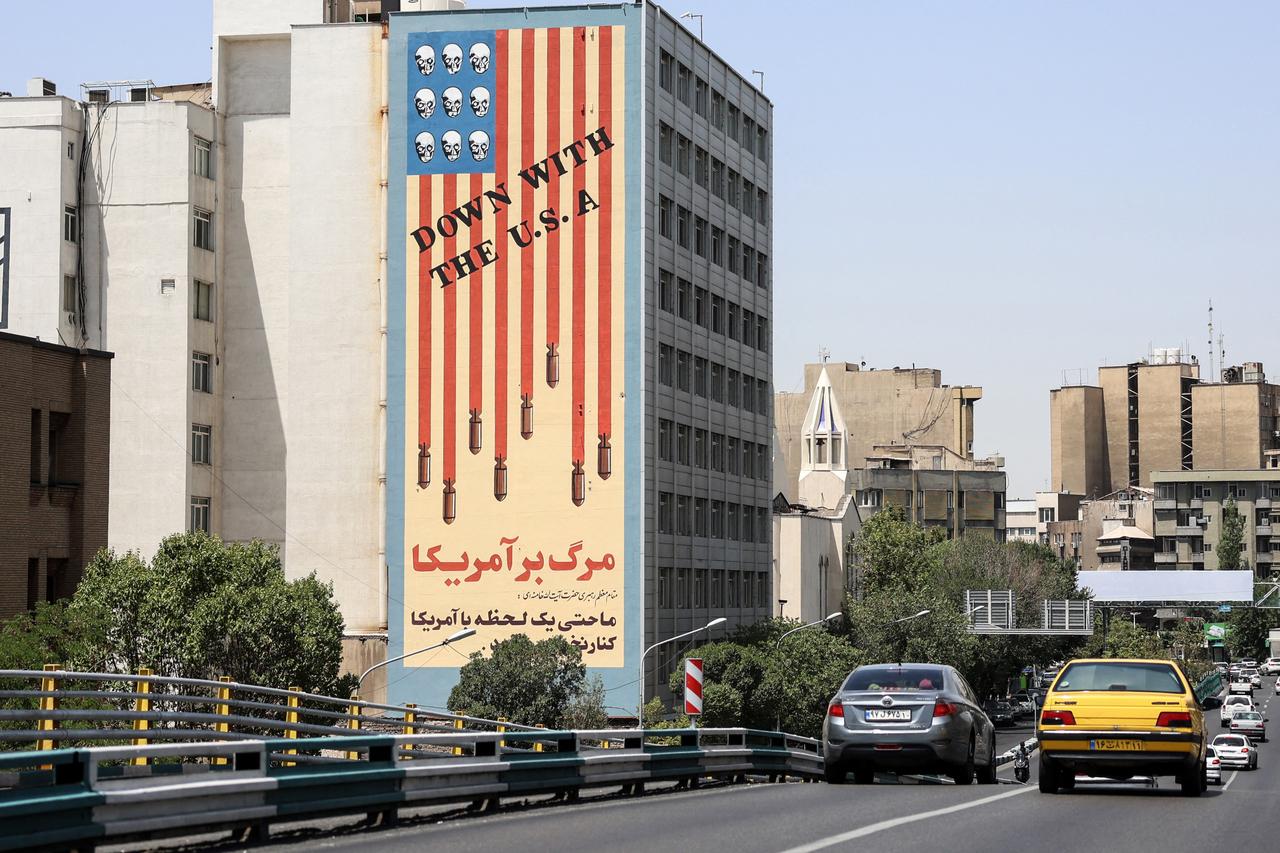
Finland's Prime Minister Petteri Orpo called for restraint and a return to diplomacy, stating, "We must avoid escalating the situation and return to negotiations."
Ireland's Taoiseach Micheal Martin emphasized there is an "urgent need for de-escalation, dialogue & diplomacy in the Middle East," while Spain's Foreign Minister Jose Manuel Albares said, "It is not a military solution that will bring peace and stability to the Middle East, but rather diplomacy."
Norway's Foreign Minister Espen Barth Eide expressed deep concern over the U.S. attacks, stating, "This means that the U.S. is directly involved in the war that began with Israel's attack on Iran."
International Committee of the Red Cross President Mirjana Spoljaric warned that the region risks being drawn into "a war with irreversible consequences."
"The world cannot absorb limitless war. Upholding international humanitarian law is not a choice—it is an obligation," Spoljaric stated.
The attacks marked the latest escalation in a U.S.-backed Israeli military campaign against Iran since June 13, prompting Tehran to launch retaliatory attacks on Israel.
Israeli authorities said at least 25 people have been killed and hundreds injured in Iranian missile attacks since then.
Meanwhile, in Iran, 430 people have been killed and more than 3,500 wounded in the Israeli assault, according to the Iranian Health Ministry.